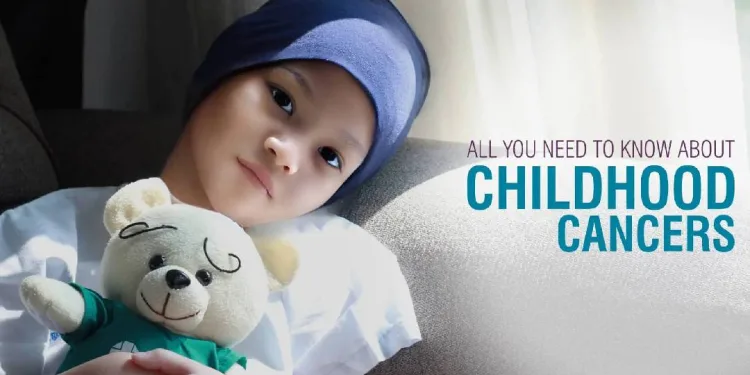In Kenya, about eight children are diagnosed with cancer daily, according to estimates by Globocan, but experts warn these numbers may be underestimated due to inadequate reporting. Globally, around 400,000 children and adolescents under 19 are diagnosed with cancer each year, per WHO data. While over 80% of children with cancer are cured in high-income countries, less than 30% achieve the same in low-income nations.
Childhood cancers mostly lack known causes, with approximately 10% linked to genetic predispositions. They generally develop due to gene mutations leading to uncontrolled cell growth. Early signs include unusual lumps, persistent fever, fatigue, and unexplained illnesses. David Makumi, CEO of Faraja Cancer Support Trust, stresses the importance of early diagnosis for better survival rates and advises that suspected cases bypass healthcare bureaucracy for immediate specialist attention.
Treatment often involves chemotherapy, surgery, and radiotherapy. WHO emphasizes the need for accurate diagnosis and comprehensive care, addressing children’s physical and cognitive growth, and ensuring access to essential therapies.
Adjusting to a child’s diagnosis is emotionally taxing, and families are advised to have clear, honest conversations. The National Cancer Institute suggests giving children age-appropriate information to help them understand and cope with their condition.















